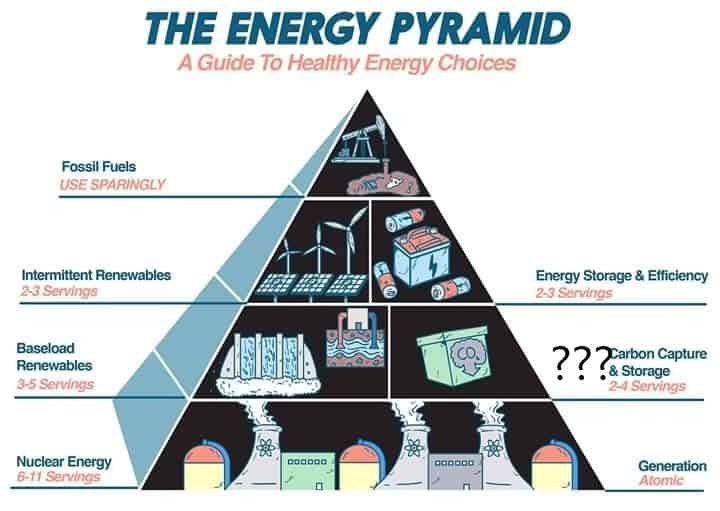Fossil fuels Polyester recycling 18-12-2021 - Arhive
Fossil fuels Polyester recycling
-Technology is not the enemy, but rather fossil fuels
A successful transformation starts with knowing the stakes. A new study, commissioned by CLEPA, provides compelling insights
Reaching climate neutrality in the EU by 2050 requires ambitious greenhouse gas emission reductions. This means an unprecedented transformation for the automotive industry and its supply chain, and one that will have a major impact not only on employment, but also on consumer choice, the affordability of individual mobility, and EU competitiveness. The face of the industry will change as a result of the transition to electric powertrains, requiring the restructuring of production sites and the workforce.
CLEPA fully supports the objectives of the Green Deal. In fact, automotive suppliers design and manufacture all of the components and systems that are needed to achieve the ambitious goals for road transport, to make mobility safe, smart and sustainable. Automotive supply companies invest heavily in new technologies and are key innovators. But we also want to ensure a transformation that leaves nobody behind. It is therefore imperative to understand the impact of this transformation for the livelihood of hundreds of thousands of people working hard to deliver the technological solutions for sustainable mobility, as well as for the competitiveness of an industry of such importance for Europe, in order to make the best-informed policy decisions. It is important that we have this dialogue early on, instead of after the facts.
A few key numbers: The auto sector is directly responsible for more than 8.6% of the overall manufacturing employment in Europe, with more than 60% of workers employed by automotive suppliers.Fossil fuels Polyester recycling
Of those 1.7 million direct jobs—600,000 or roughly one third—depend on internal combustion engine technology. Electrification of the powertrain impacts these workers directly, as fewer parts are needed in an electric vehicle and the manufacturing processes are more automated.
Policy decisions that mandate only one technology choice, directly impact consumers, businesses and EU competitiveness in a very real and disruptive way
To obtain a much needed European-wide assessment of the impact on jobs and value creation in automotive powertrain manufacturing, CLEPA commissioned a one-of-a-kind study evaluating the impact of three different pathways to reach Green Deal objectives, with a focus on automotive suppliers in the EU, and in seven key automotive markets, until 2040. Fossil fuels Polyester recycling
The results send a stark signal: an EV-only approach, with a ban on combustion engine technology, which is basically the approach taken in the European Commission’s ‘Fit-for-55’ package, puts over half a million jobs at risk, with the future economic & social fabric hinging largely on the assumption of a full battery production chain in Europe. By contrast, a mixed-technology scenario, combining rapid electrification with other sustainable low and net-carbon options, would mitigate the employment loss and make the transformation more manageable. Without compromising on climate

–Technology is not the enemy, but rather fossil fuels
–Teijin to carry out life cycle assessment of carbon fiber
–MEGlobal nominates ACP for January 2022 at USD850 per tonne
–LVF Packaging puts it’s faith in gravity
–Vestas looks to expand US blade recycling initiative
–China’s textile industry witnesses robust growth in 2021 1st 10 months
–Trinseo Broadens Portfolio with Bio-attributed Polystyrene, ABS, and SAN
–Polyester recycling pilot scales up
Fossil fuels Polyester recycling
